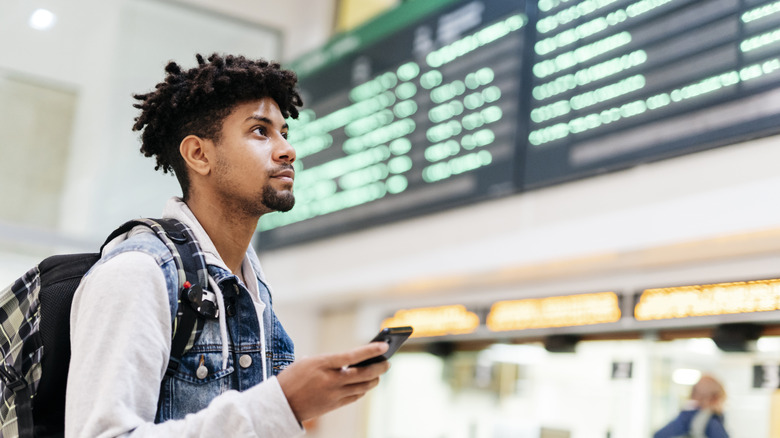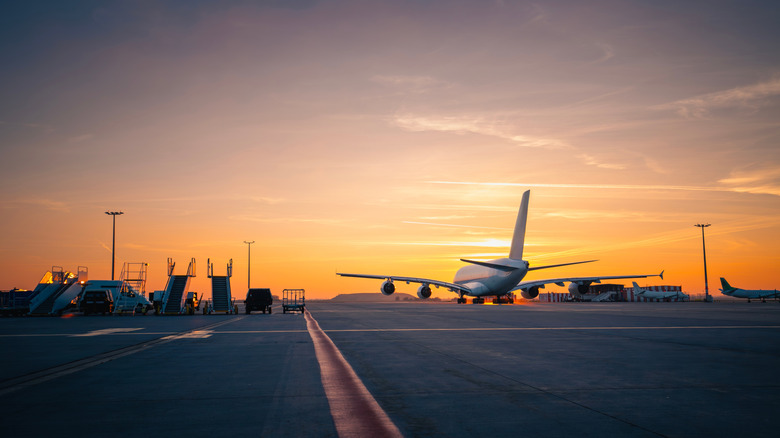The Push for Deregulation in the U.S. Airline Industry
The largest airlines in the United States are working together to push for changes that could significantly reduce the protections available to travelers. This effort, led by Airlines for America, a major lobbying group, involves a 93-page letter sent to the Department of Transportation (DOT) requesting the removal of several key rules that currently protect passengers. These include automatic refund policies, clear fare listings, and the right to family seating.
If these changes are implemented, travelers may find themselves in a more challenging situation when it comes to their travel experience. For instance, if a flight is canceled or delayed for an extended period, airlines might no longer be required to provide immediate refunds. Instead, passengers could be left to chase after vouchers that have limited validity. Additionally, the requirement for fares to clearly list taxes and fees upfront could be eliminated, potentially leading to misleading pricing practices. The small benefit of being able to sit with family without additional charges might also disappear.
The Role of the Department of Transportation
The DOT, now headed by former airline lobbyist Sean Duffy, has already begun rolling back some of the regulations put in place during the previous administration. One notable example is the removal of a rule that would have compensated passengers up to $775 for long delays. While this change may not affect high-profile individuals who use private jets, it leaves regular travelers with fewer protections. The current landscape for everyday passengers is already fragile, and further deregulation could make things even worse.
Implications of Deregulation
Airlines argue that reducing regulations will streamline operations and improve service. However, historical evidence suggests that increased freedom for airlines often results in higher costs for passengers. In 2022, U.S. airlines generated over $6 billion in profits, with a significant portion coming from additional fees for items like checked bags and early boarding. Without transparency rules, these costs could become even harder to track, making it more difficult for travelers to find affordable flights online.
Critics highlight the contrast between the U.S. and European airline markets, where stricter regulations have not hindered competition. In Europe, airlines are required to compensate passengers for long delays and cancellations, and they must disclose all costs upfront. Despite these rules, budget airlines continue to thrive, and there is evidence that stronger regulations lead to fewer delays. In the U.S., however, passengers often face a lack of support when issues arise, such as missed connections or overnight waits.
What Travelers Stand to Lose
The risks extend beyond financial losses and the loss of family seating. There is a broader concern about the precedent being set. If airlines can remove consumer protections at will, future safeguards may never be introduced. Airlines for America has already requested that the DOT stop publishing monthly performance data that highlights which airlines cancel or delay the most. This lack of transparency leaves passengers navigating a market that is heavily skewed against them.
The timing of this push is particularly frustrating. During the pandemic, airlines received over $50 billion in federal bailouts to stay afloat. Now, these same companies are attempting to shirk their responsibilities to the public that supported them during a critical time. The public understands that these changes won’t improve service; instead, they will create more opportunities for airlines to profit from dissatisfied customers.
The Path Forward
The DOT claims it will adhere to the law, but it is Congress that holds the real power. If lawmakers support the airline industry under the guise of deregulation, U.S. passengers may soon face higher prices for lower quality service. Even budget airlines, which typically offer lower ticket prices, could follow suit. With travel demand expected to increase, the question is not whether airlines will achieve some of their goals, but how much they can secure before public pressure forces a reversal.





